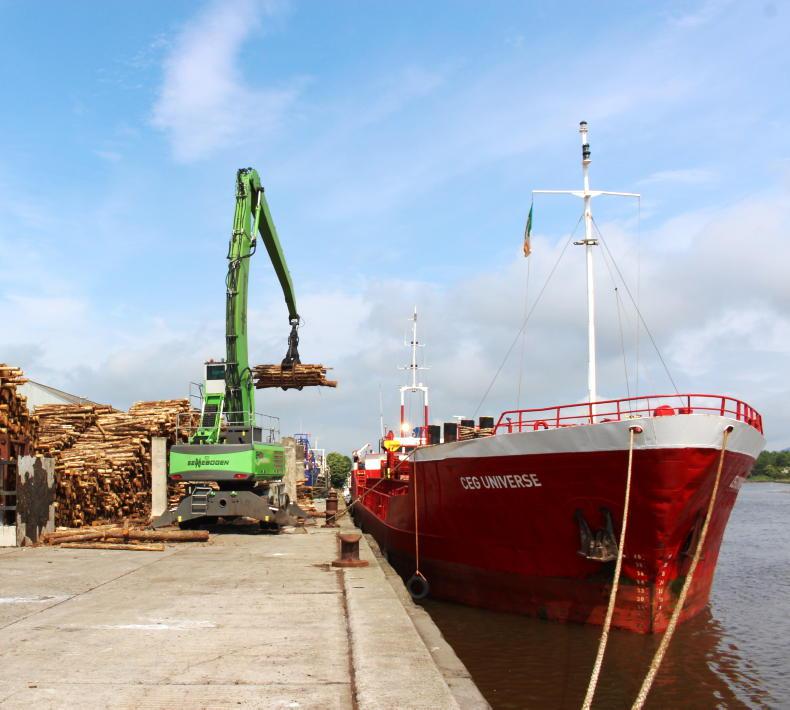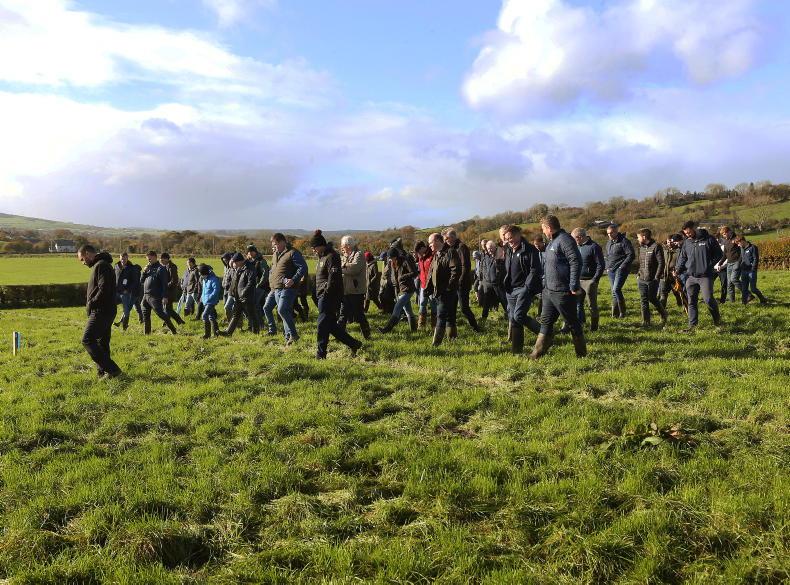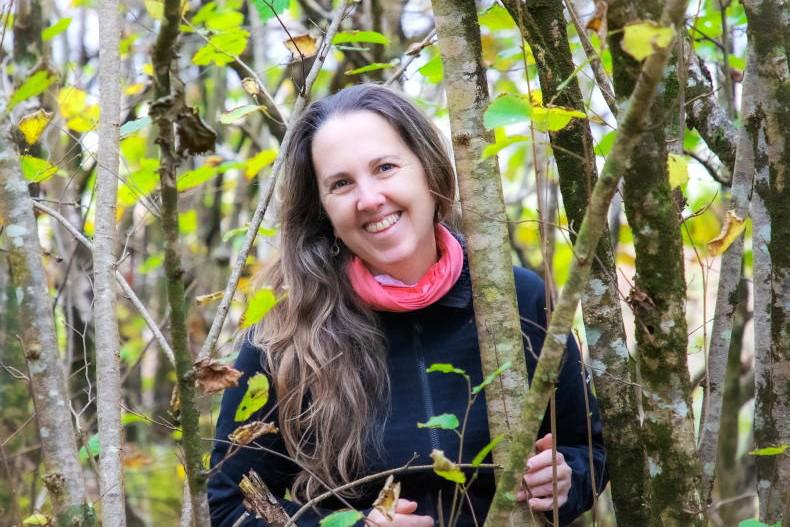The need for reasonable licensing timelines and a mechanism to trade carbon are two of the most important issues for the forestry sector to sort out, according to Marina Conway, CEO of Western Forestry Co-op.
Ahead of much increased demand for planting licences given the significantly increased forestry premiums recently announced, the forestry boss accepts timelines have improved, but that is on the back of very little demand.
Speaking to the Irish Farmers Journal at a Woodland Creation open day on Tuesday, she said: “We need timelines, we have to have reasonable timelines. Say for example if you want to plant, and I say to you that you won’t get a licence for a year and half then I could lose you or vice versa. So we need to get licences out as quickly as possible, especially now that we have great options to make forestry an integral part to every farming sector.”
When asked if licensing timelines had improved, she said: “It has improved, but with a very small amount of demand. So if there is a flood of applications how are they going to manage? Same as housing, they have to go to timelines and in the Farmers Charter it says four months.”
Carbon ownership
On carbon ownership the forestry boss says there are still questions around who owns the carbon rights.
“At the moment the State doesn’t own the carbon, but it accounts for it in the national inventory, because there is no mechanism to trade it. The UK have a woodland carbon trading mechanism but we don’t. The EU are bringing out a whole new directive around that at the end of the year, and the Irish Government are saying they are going to wait to see what that says before they decide which way to go.”
She emphasised that in fairness to the Irish Government, the reason for such a high level of increased EU forestry funding is because of the value that is on the carbon. “Of all the industrial sectors, forestry has one of the highest multiplier effects, so from an economic perspective it has a really good multiplier effect, but carbon makes it even more advantageous. The Government say they don’t own carbon, and they don’t, but farmers must be careful what they ask for because with every credit comes a debit.
“In native woodland it’s fine, but, in commercial woodland such as spruce when they go to harvest they assume 80% instantaneous emission apart from what’s left for stumps in the ground,” she said.













SHARING OPTIONS